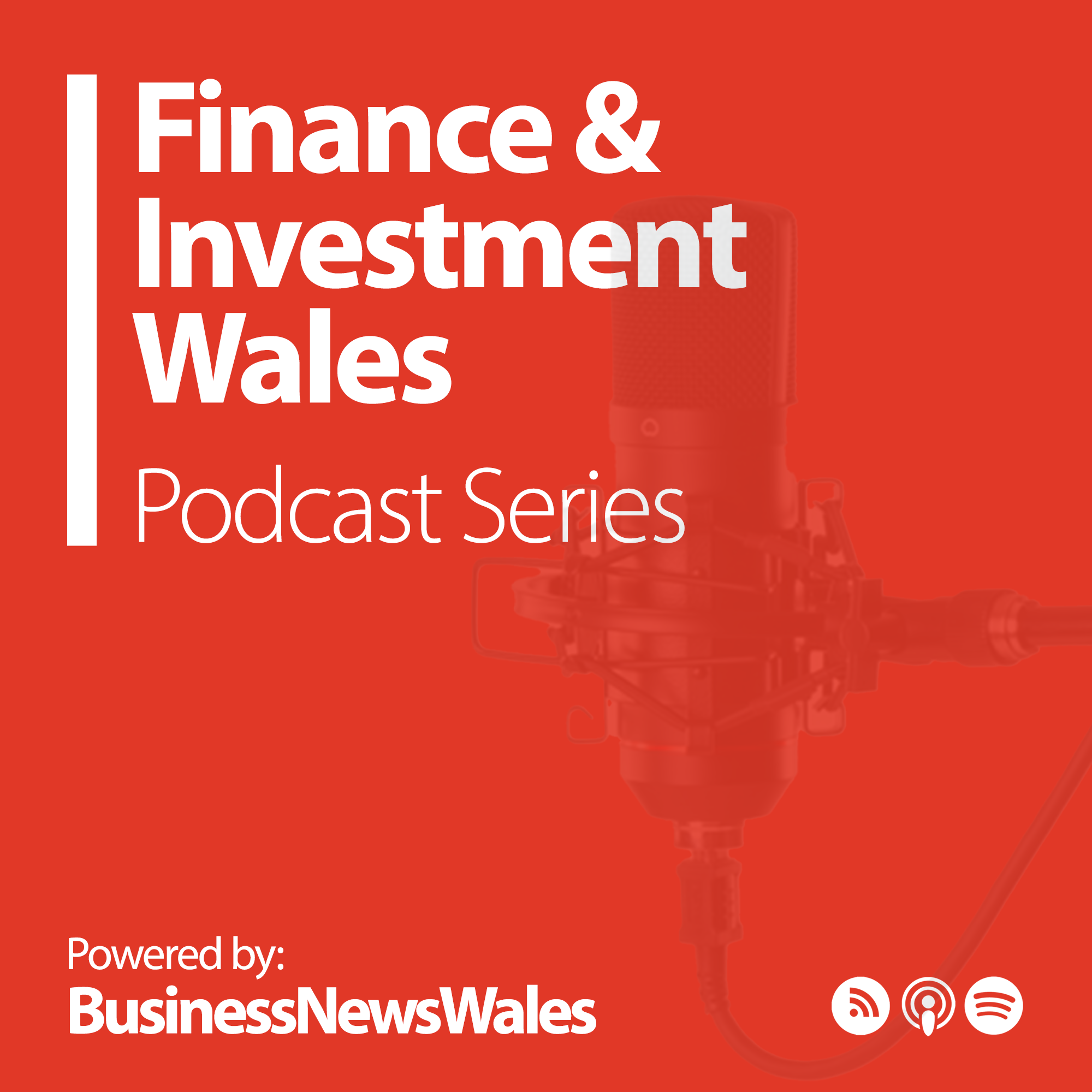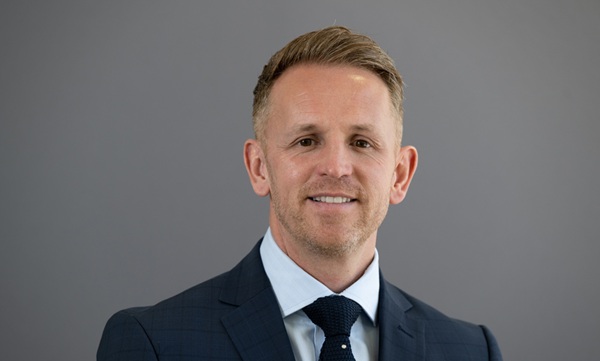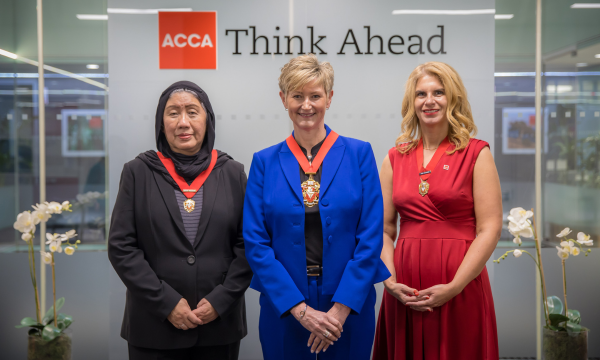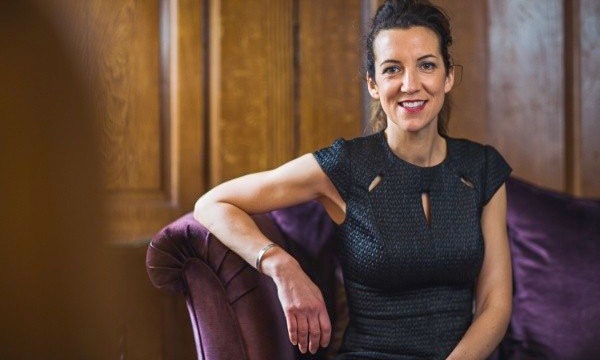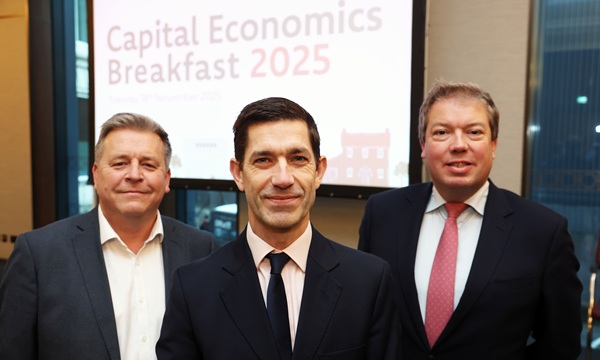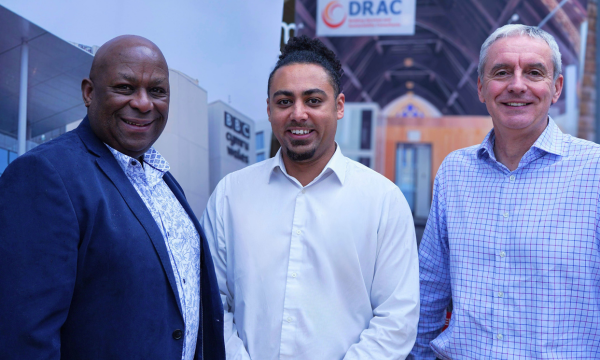Female founders, ethnic minority-led businesses and entrepreneurs from disadvantaged backgrounds continue to face major barriers to finance – and Wales could be missing out on significant economic growth as a result.
Specialist lenders say their work with people excluded from mainstream finance shows the scale of untapped potential, but warn that greater collaboration and investment are needed to ensure that more businesses can start and grow.
Speaking on the Business News Wales Finance & Investment Wales podcast, Emma Musgrave, Operations Director at Purple Shoots, said many of those her organisation supports have either been discouraged from applying for finance, advised not to try, or rejected outright.
She explained that the problem was often linked to poor credit ratings, caring responsibilities or lack of a financial record in the UK, particularly for new arrivals.
“Almost everybody that we loan to has either not applied, has been told not to apply for a loan from somebody else, or has been turned down by somebody else,” Emma said.
Despite this, small amounts of finance can deliver a significant impact. Purple Shoots’ analysis suggests that for every pound lent, the Government saves £4.20 in benefits not spent, while the local economy gains £14.25. According to Emma, this shows that excluding people from finance is not only a social issue but also a missed economic opportunity.
Purple Shoots has supported more than 1,000 businesses to start up to date, a figure which Emma argues would be far higher if more funding was available to organisations like hers.
She is calling on other areas of the support ecosystem – including mainstream lenders such as banks – to recognise the value of the work of these specialist organisations, and to support them by making further funding available.
“There is now a huge body of evidence that people who would otherwise be ignored have huge potential,” said Emma.
“We want to bring that to the attention of mainstream lenders and say, ‘It's worth it for you to invest money in these people…because they're your future customers’.
“We don't expect everybody to have the specialist knowledge that we have but we do expect people to see that there's a genuine benefit to be had and to get behind it.
“Let's build this economy together.”
Assadaqaat Community Finance (ACF) has developed an interest-free lending model to support people at the earliest stage of starting a business.
Its founder and chief executive, Akmal Hanuk, said that many of the individuals his organisation works with face “compounded” barriers to finance. ACF combines mentoring and training with finance that allows people to repay only the capital, giving them “headroom” to focus on making their business work.
Akmal added that once entrepreneurs establish a track record, mainstream institutions are more willing to engage. However, he warned of a critical gap in the system when it comes to scale-up finance.
ACF plans to launch a scheme next year to support follow-on finance, but Akmal stressed that wider backing from government, lenders and investors would be needed to ensure more businesses can reach their growth potential.
Jill Jones, co-founder of Women Angels of Wales, highlighted the structural imbalance in how finance is distributed. She pointed to recent figures showing that in 2024, 58.8 per cent of angel investment went to male-led teams compared with 18 per cent to female-led. Venture capital funding showed an even starker gap, with 79 per cent going to male-led teams and only three per cent to female-led.
Jill said that women entrepreneurs were not only underfunded but often undervalued, despite evidence showing that women-owned businesses generated higher revenues and achieved double the return on investment compared with male-owned firms. She argued that creating strong ecosystems at national and regional levels would be key to addressing the imbalance, with diversity among investors and better networks for under-represented founders central to the solution.
All three emphasised that specialist organisations are not calling for mainstream banks to abandon their models, but for closer partnership working. They said community finance development initiatives, angel investors and grassroots groups can do the groundwork to prepare founders, while banks, government and investors could play a greater role in scaling up support and providing the follow-on finance that businesses need to grow.









